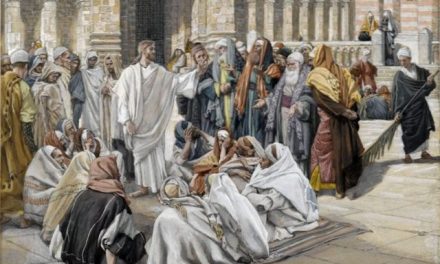That vision of Christ which thou dost see
Is my vision’s greatest enemy
– William Blake
One of the greatest joys of my time as a graduate student has been monthly gatherings at our professor’s home where each of us has taken turns leading a reflection/discussion on the vocation of being a theologian. Last night our friend and colleague, Angela Carpenter, led us in reflecting upon two homilies by Rowan Williams, the Anglican archbishop of Canterbury. The texts are here, and are both very short: Presence and Engagement and Different Christs-1?
There is much worth pondering in these homilies, but I wanted to share two thoughts. First, he reminds us that most people have struggled to come to terms with what they believe, and that when we criticize them for it or treat their beliefs as either trite or unenlightened that we are actually attacking not just their beliefs, but the whole body of Christ. He reminds us that
It’s my life you’re threatening, my sense and my judgment, my meaning, the way I painfully struggle to understand myself in the light of God and the gospel.
Secondly, he admits that although we must interpret Christ and the Scriptures, and therefore we must form opinions and speak, that this is always to be rooted in listening (a very Benedictine insight I might add!): listening not only to what others believe as if it really mattered, as if it were a matter of life and death, but also listening to the Word of God and allowing ourselves “to be questioned by [the words of others and of Scripture],” because
Christ…is not just there as an object of our investigation, but is a challenging and unsettling fact for all of us, interrogating us without mercy, interrogating our understanding of God and ourselves.
Wise words from a leader who has struggled mightily to hold together a church struggling with its own internal conflicts and contradictions, ultimately not that different from our own…



